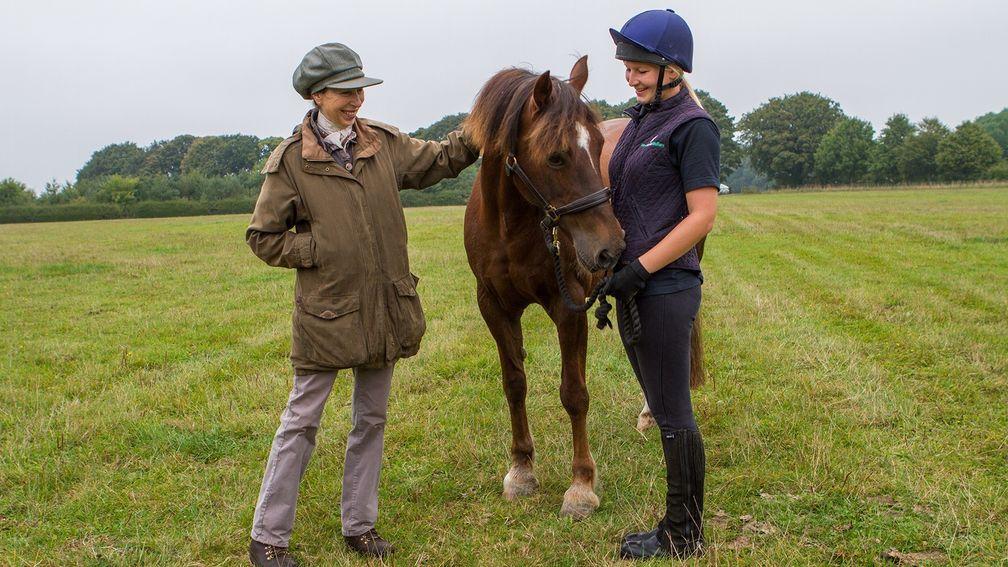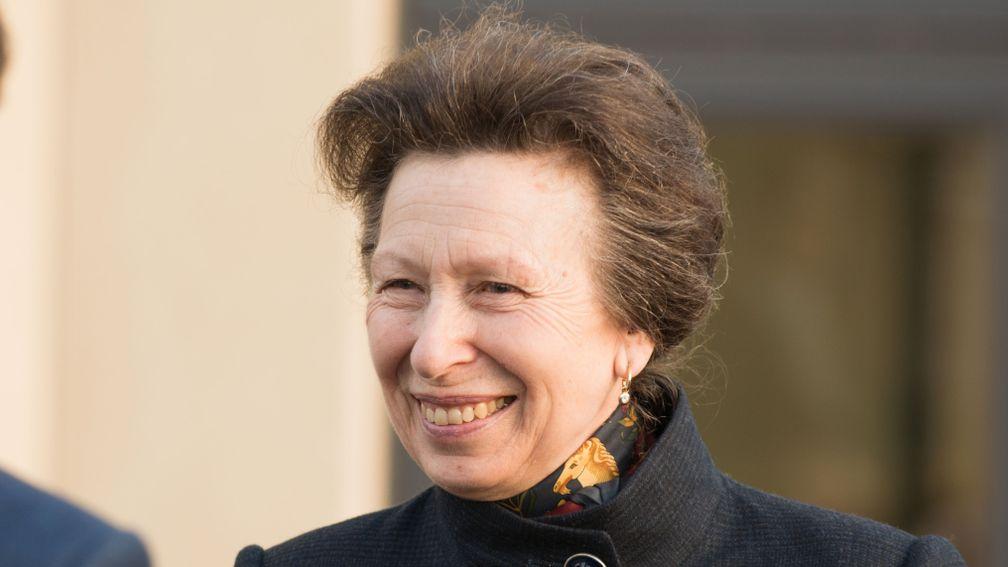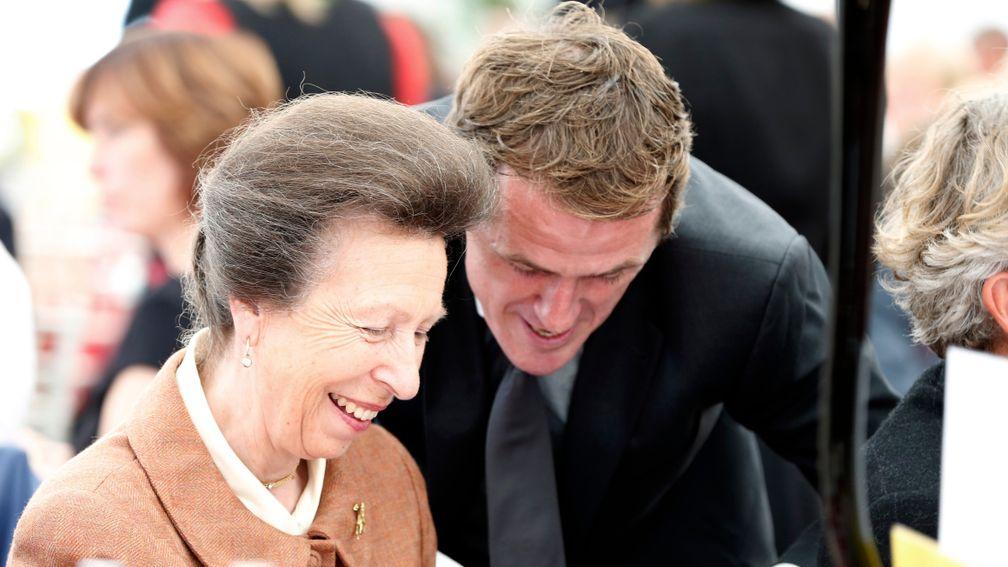Princess Royal: public rightly expects racehorses to be treated with respect
The president of World Horse Welfare reflects on the sport's work in the area

The heart of horseracing lies in what distinguishes it from any other kind of race: the horse.
The way of life behind the sport is inspired by this most noble, powerful, loyal and sometimes confounding animal whose innate intelligence and sensitivity has the power to change our lives and sustain livelihoods, and indeed the global racing industry.
So it is axiomatic that the racehorse be given the highest levels of care, veterinary treatment and protection of their safety and welfare. Not only do we wish to race with strong, well-trained and well-conditioned horses but the public rightly expects that they are treated with the respect and care that befits what we ask of them and their contribution to society.
Historically, the British racing industry has understood this well. There is no question that the vast majority of racehorses have been, and continue to be, treated extremely well during their careers, even pampered.

The Horserace Betting Levy Board has also long helped to channel funds from racing into charitable works and vital veterinary research which benefits the entire horse population of Britain and beyond. This investment is right and commendable and should be a source of pride.
What should also be commended is that British racing has recognised that this is not enough. It is to their credit that they consistently seek to use evidence to understand the risks and improve health and welfare standards, welcoming independent challenge and
support from independent advisers such as World Horse Welfare and the RSPCA.
As president of World Horse Welfare, which is an independent welfare adviser to the BHA, and as an equestrian and horse breeder in my own right, I have seen the full gamut of welfare problems that can occur from a horse’s birth through training and career to post career and end of life, and I still own them! I also know that the training of the horse, the construction of the course and the quality and compassion of the jockey all have a big part to play in that horse’s life.
Now more than ever, all equine sports’ ‘social licence to operate’ is being challenged as the public questions whether any use of a horse is abuse.

In pursuing even better welfare standards in line with research, experience and public opinion, the BHA is now rightfully not only working to further improve safety and welfare on the course, but leading the global charge to meet increasingly greater demands for transparency and responsibility for racehorses throughout their lives.
Responsible breeding, selling, training, care, competition, retirement, rehoming and seeking equally responsible end-of-life options for racehorses is truly integral to the sport if it is to have a bright future.
I hope you will take pride in and encourage the BHA to continue to lead in welfare, and see sensible welfare organisations as ‘critical friends’ and ‘principled partners’ – rather than threats – in helping to support the racing industry ethically secure the future of the sport.
Members can read the latest exclusive interviews, news analysis and comment available from 6pm daily on racingpost.com
Published on 30 May 2018inBritain
Last updated 12:30, 8 June 2018
- Overnight rain expected to ease going before jumps finale at Sandown
- How Harry Cobden turned around a 47-winner deficit on Sean Bowen to seal a first jump jockeys' championship
- Willie Mullins poised to match the peerless Vincent O'Brien by lifting British title
- A rollercoaster jumps trainers' championship - with a big spring key to Willie Mullins' likely success
- Harry Cobden seals jump jockeys' championship title with double at Chepstow
- Overnight rain expected to ease going before jumps finale at Sandown
- How Harry Cobden turned around a 47-winner deficit on Sean Bowen to seal a first jump jockeys' championship
- Willie Mullins poised to match the peerless Vincent O'Brien by lifting British title
- A rollercoaster jumps trainers' championship - with a big spring key to Willie Mullins' likely success
- Harry Cobden seals jump jockeys' championship title with double at Chepstow